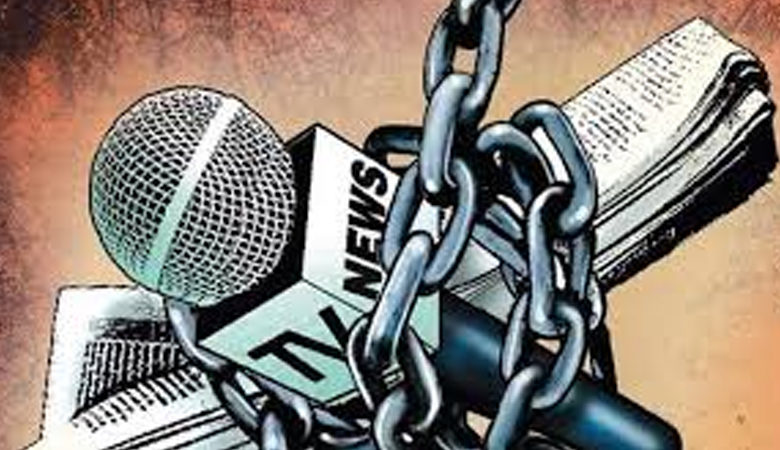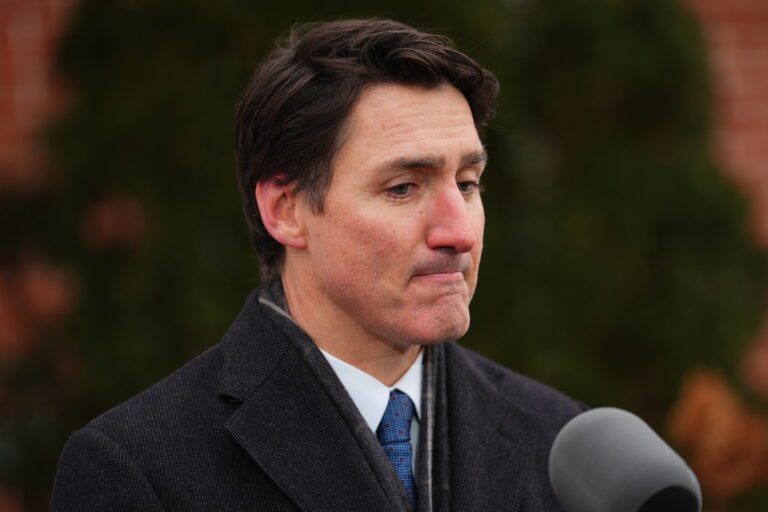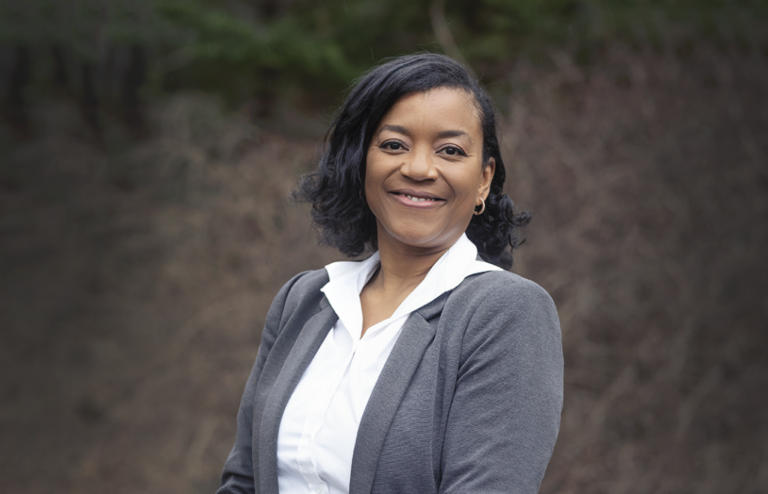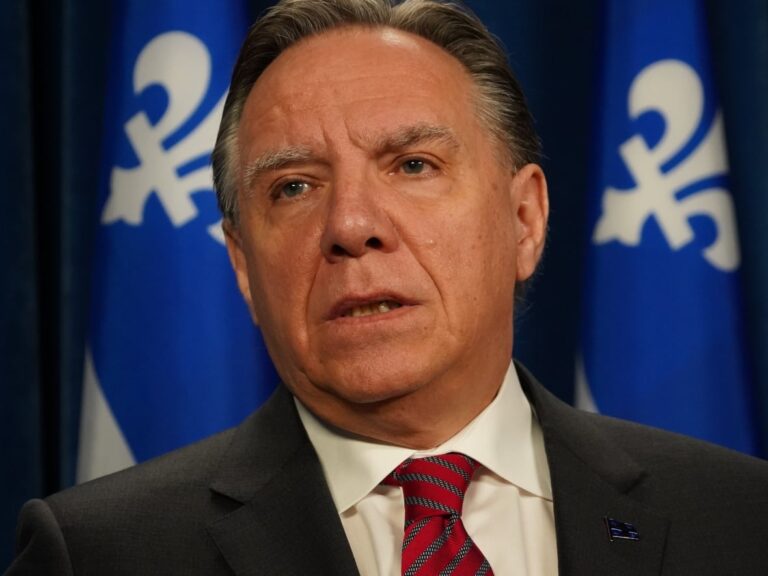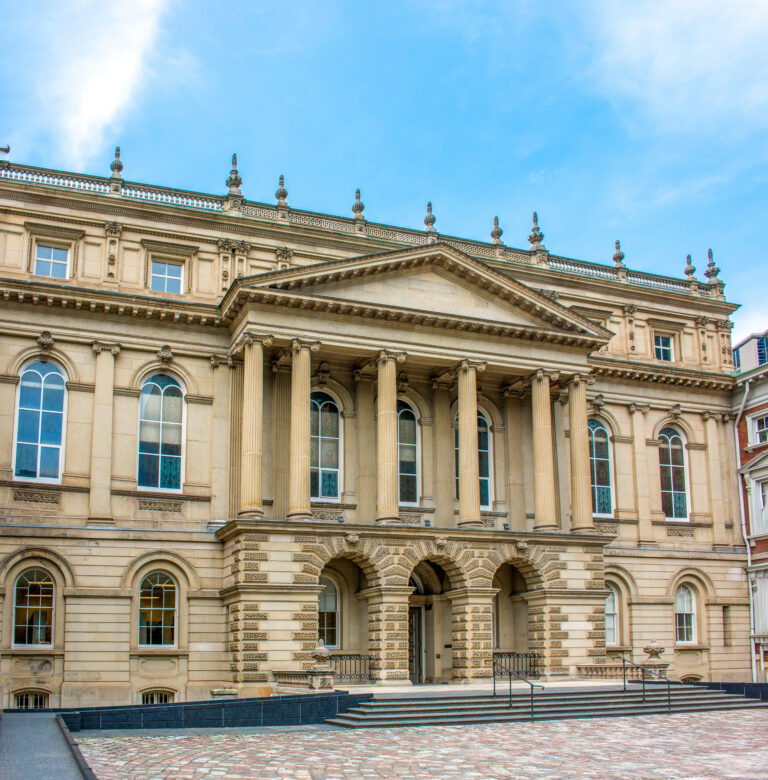TORONTO: The Justice Centre for Constitutional Freedoms (jccf.ca) represents journalist Andrew Lawton and True North Centre for Public Policy (Tru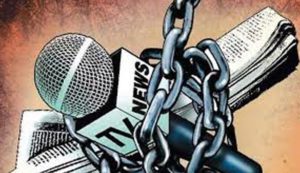 e North) as they continue their challenge of the Federal Leaders’ Debates Commission’s last minute decision to deny True North its media accreditation for the election debate last October. The Commission informed True North on Friday October 4 that it could not cover the Monday October 7 leaders’ election debate.
e North) as they continue their challenge of the Federal Leaders’ Debates Commission’s last minute decision to deny True North its media accreditation for the election debate last October. The Commission informed True North on Friday October 4 that it could not cover the Monday October 7 leaders’ election debate.
In Toronto, Justice Russel Zinn of the Federal Court granted an emergency Order on the afternoon of the debate, granting reporters from both True North and another news outlet, Rebel Media, the right to attend the media scrum following the debate.
The judge’s detailed written reasons described the Commission’s decision as “lacking in discernible rationality and logic” and “neither justified nor intelligible.” Although the Debates Commission initially filed a Notice of Appeal of the Order, it withdrew the appeal after reviewing Justice Zinn’s reasons.
The exclusion of these media outlets from the debate was allegedly because they engage in “advocacy”, but this term was not defined. Further the Commission approved other media outlets that declare themselves to be advocates. In fact, on the Toronto Star’s own website, it states that the Star has “an ongoing commitment to investigating and advocating for social and economic justice.”
The Debates Commission has filed a motion to strike the application of True North and Lawton, on the basis that it is moot (there are no issues left to argue). The Justice Centre has filed a response to that motion, and is bringing its own motion on behalf of True North and Lawton, seeking leave of the Court to amend their judicial review application.
The Justice Centre will ask the Federal Court for a declaration that the Debates Commission’s decision was a breach of True North’s and Andrew Lawton’s Charter-guaranteed freedom of the press.
A case that highlights the importance of a free and independent press is timely. On February 2, 2020, Canadian Heritage Minister Steven Guilbeault suggested news media in Canada should be regulated, perhaps by requiring news outlets to be approved and licensed by the government.
Outcry from media sources was swift. Globe and Mail columnist Andrew Coyne said, “A free democracy does not require the press to obtain a government license.” Popular online columnist and commentator Spencer Fernando called the move “incredibly disturbing”. He noted, “Authoritarian communist states control the press and demand media licenses.”
The Justice Centre says in its proposed amended application that “permitting government to restrict members of the media based on their perceived motive for gathering and disseminating information, as was done in this case, is too subjective and arbitrary.”
“Most news outlets, including ‘mainstream media’, have their own political biases which are evident in the stories they choose to report, the experts they select to interview, the opinions that grace their pages, and the politicians they decide to endorse,” said Justice Centre staff lawyer, Lisa Bildy. “It’s not up to the government to pick and choose which media outlets get to ask questions of politicians.”
With the current government considering the licensing of media outlets, a free and independent press is becoming increasingly threatened. As Thomas Jefferson once said, “Our liberty depends on the freedom of the press, and that cannot be limited without being lost.”
“It is a temptation for any government body to permit access only to favourable media outlets who are less likely to ask hard-hitting questions. In a liberal democracy, this temptation has to be constrained, and it is done by robustly enforcing constitutional protections for the press,” added Bildy.

